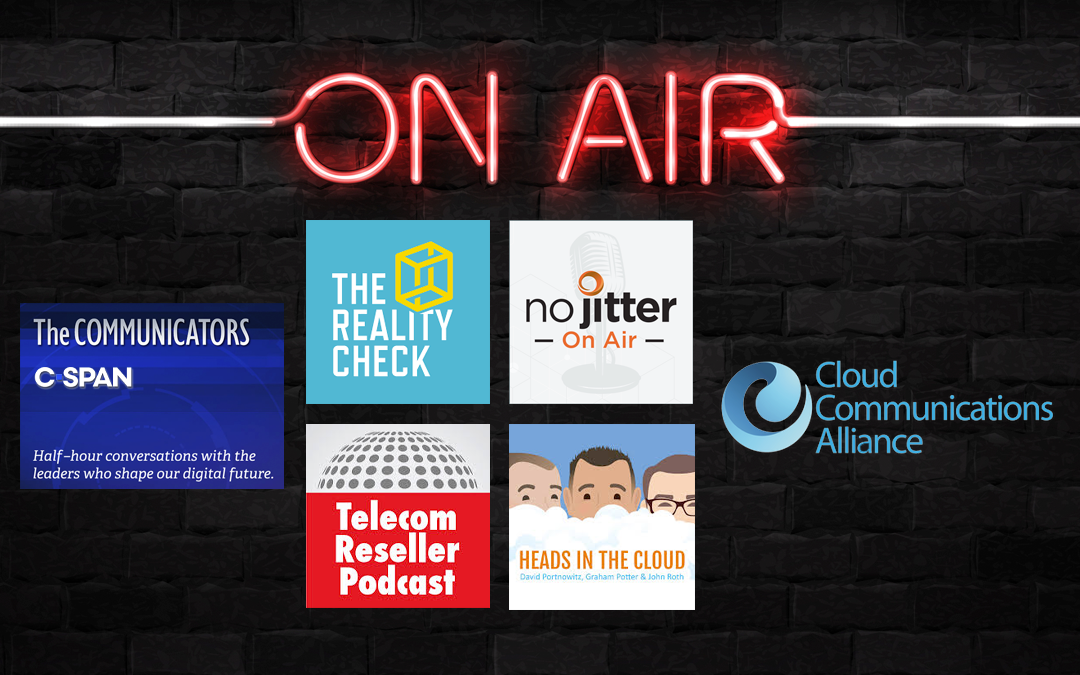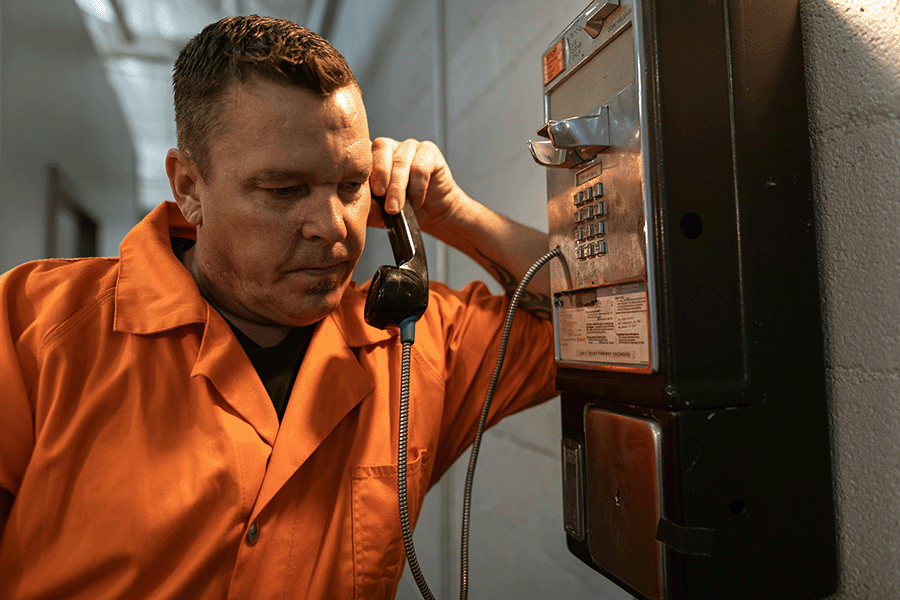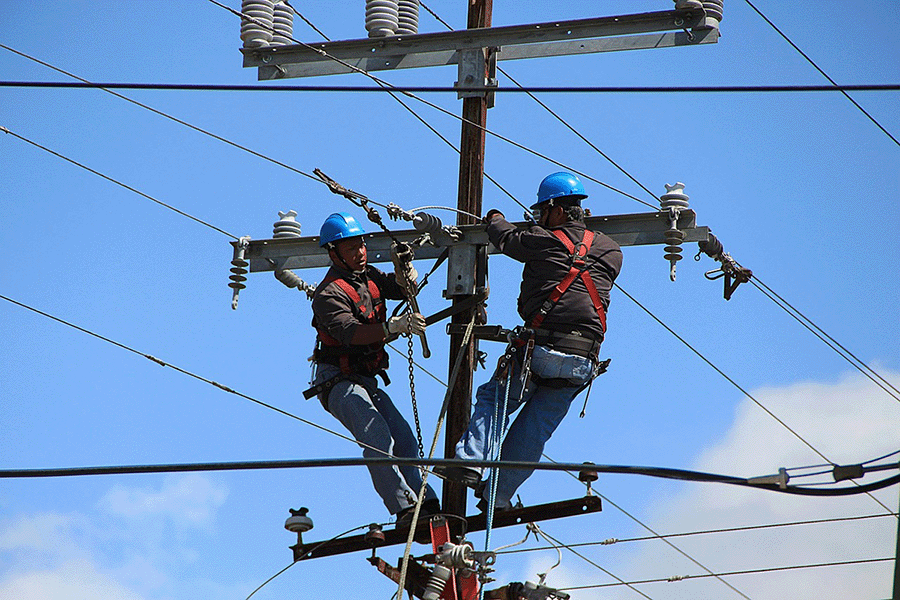Rule Updates to Affect Political and Nonprofit Callers
The Federal Communications Commission (FCC) has announced new rules (source) around robocalling from nonprofit or political entities that restrict the number of calls to any given landline number to three during a 30-day period. While there is an exception for prior consent, the new rules have made it more difficult to obtain consent. The regulations are effective July 20, 2023, just as election season is starting to heat up.
The Fine Print
Specifically, the new rules require:
- A Maximum of Three Calls in 30 Days – Nonprofit and political entities are limited to three robocalls within a 30-day period to any given landline phone number, unless you have the recipient’s consent. To obtain consent, you must have express oral or written consent from the recipient via one of the three robocalls or a live call. And, as before, you (the individual caller and/or organization) must clearly identify yourself at the beginning of the call.
- Automated Opt-Out – You must include an automated opt-out within two seconds of identifying yourself. This means that the recipient must have the opportunity to opt-out before you state the point of your call. Your opt-out can either be an interactive voice response or key press mechanism that includes brief instructions on how to opt out.
If the call recipient wishes to opt out, your system must automatically add their number to your do-not-call list and end the call immediately. And if your message is left on their answering machine, it must include a phone number that allows them to opt out. Additionally, you must remove them from calling within 30 days of their opt-out request, and the opt-out is valid for five years following the date of the request.
- Access to Opt-Out Via Your Phone Number – The FCC already requires you to provide the phone number of your organization in all your robocalls. Starting July 20, you must also ensure that anyone who calls this number during business hours can make a do-not-call request. If no one answers the call, your voicemail message should include a toll-free phone number that connects the caller to your opt-out system.
- Written Policy, Staff Training – If your nonprofit or political organization makes robocalls, you must have a policy that describes in writing how your do-not-call list is maintained, and you must make that policy available on demand. Further, anyone in your organization who is involved with robocalling must be fully trained about the policy.
What Hasn’t Changed
As before, you do not need consent for live calls, and you cannot call a wireless phone number without consent before the robocalls begin.
In an effort to protect consumers from excessive robocalling, the FCC has been increasingly regulating these calls since 2019 and the adoption of the “TRACED Act” (Telephone Robocall Abuse Criminal Enforcement and Deterrence Act) of 2019. The new requirements have been in effect for commercial telemarketers for some time now, and the FCC believes the expanded rules should not be hard for nonprofits and political organizations to implement. For more information, please visit the FCC website.
















